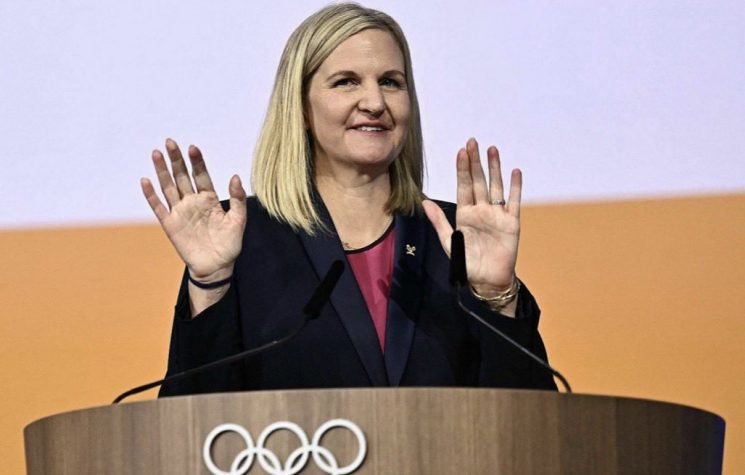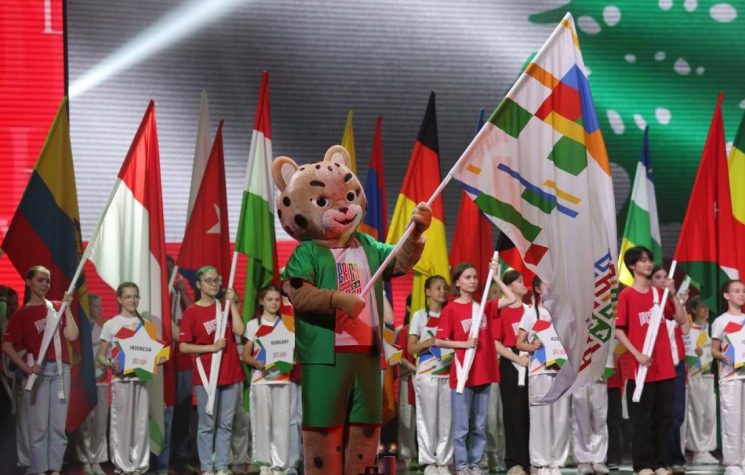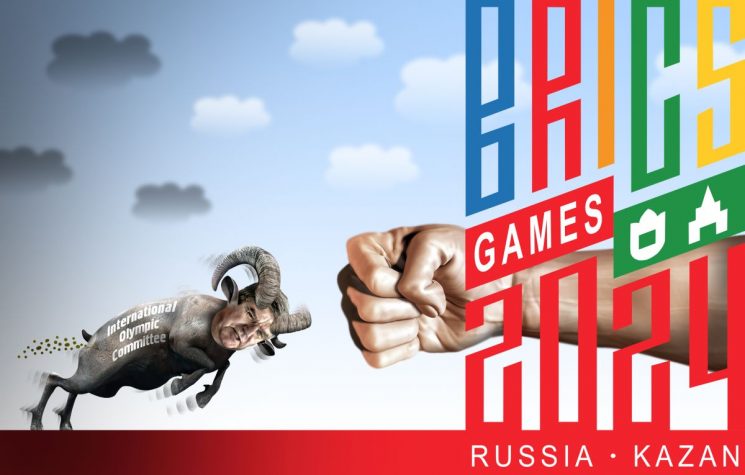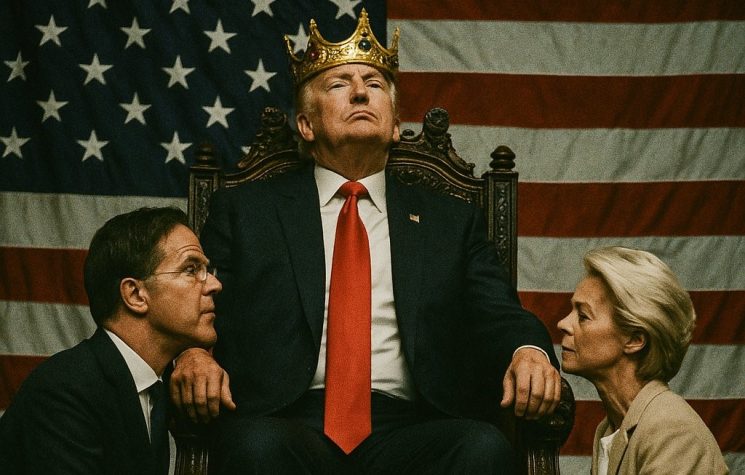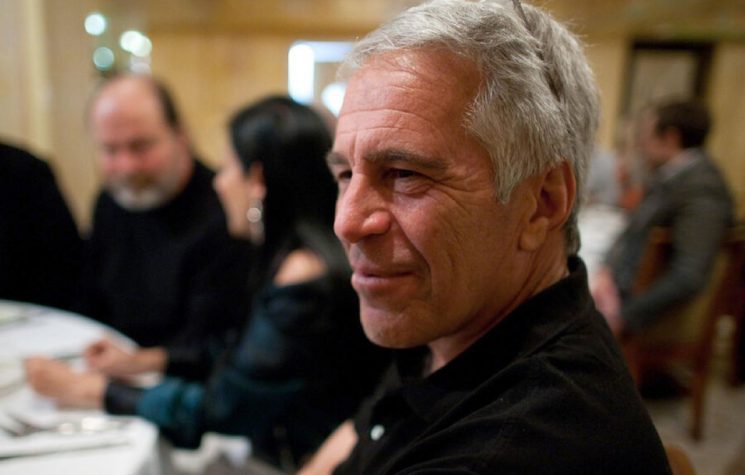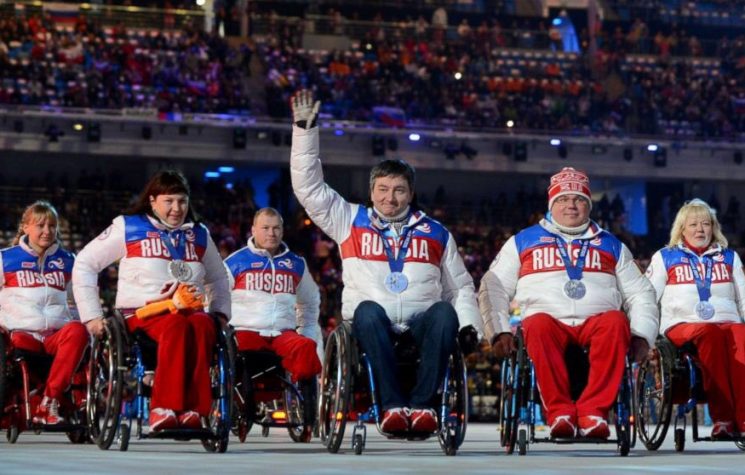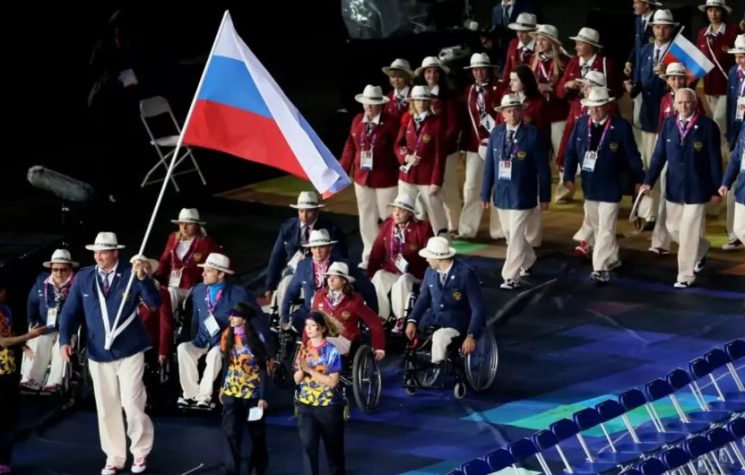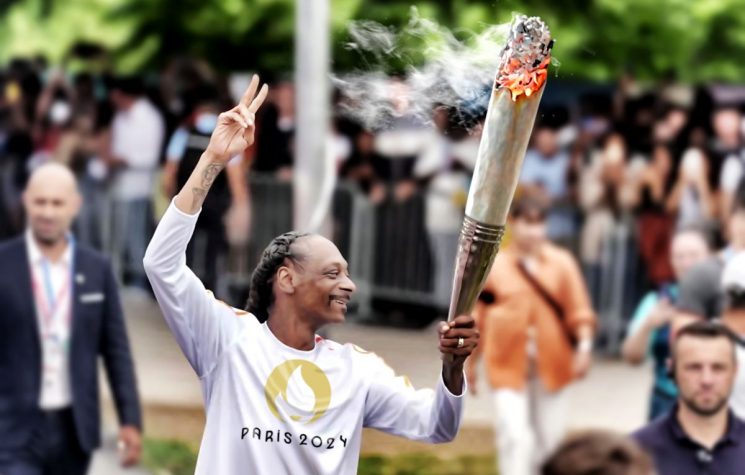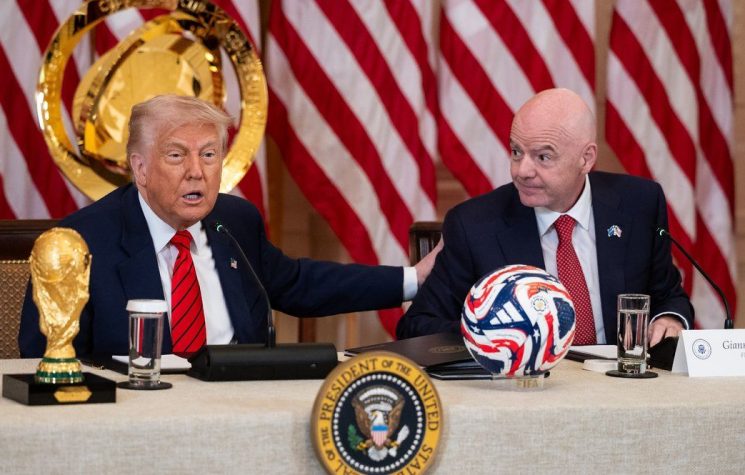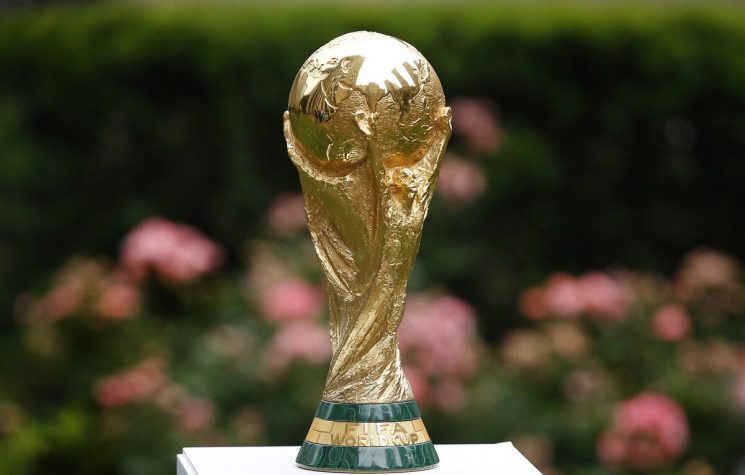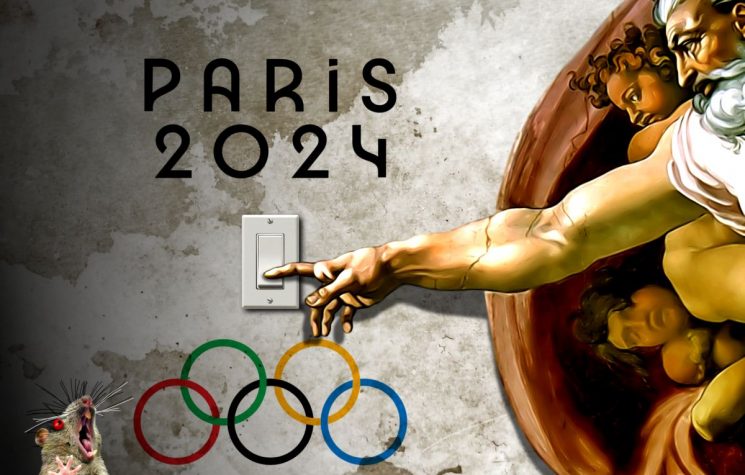The Russian Olympic participation in Tokyo is a blow to those who sought a complete ban of all Russian athletes.
Pertaining to Russia’s participation at the rescheduled 2020 Tokyo Summer Olympics, there’ve been a number of arrogantly ignorant and hypocritical Anglo-American mass media commentary, which serve as a further indication of the warped state of establishment journalism.
One of numerous examples is Ian Birrell’s pompously titled August 1 inews.co.uk article “The Russian Olympic Committee Proves It: Tokyo 2020 Has Been Perverted by Money and Power“. In its About section, inews.co.uk claims to be “your essential daily briefing, covering everything you need to know about the things that matter – without jargon or bluster” adding that it’s “proudly independent and have no agenda when it comes to political disputes – but we won’t hesitate to call out injustice or wrongdoing when we see it, no matter who’s doing it.”
Contrary to Birrell’s rehashed BS, Russia is competing at Tokyo because much of the “state sponsored doping” charges made against it are dubious. Before a non-Russian hearing, Russia was able to point this out.
Delving further into this matter runs counter to the faulty image of deceitful Russians stealing glory from noble Anglo-American athletes. This observation isn’t intended to deny any Russian wrongdoing. Rather, it underscores an inaccurate generalization. It’s not as if Russia has denied any sports doping problem among some of its athletes.
The Russian government funding of a given entity doesn’t by default mean the former knows everything about what the latter is doing. It’s misguided to believe the Russian government has complete control over everything in Russia.
Russia didn’t get completely vindicated on competing in Olympic affiliated events. The ROC (Russian Olympic Committee) designation in place of Russia is an indication of a pious reality dominating some key aspects in international sports. The ROC label is clearly designed to collectively nation shame, with some hoping Russia would just not show up altogether.
The Russian Olympic participation in Tokyo is a blow to those who sought a complete ban of all Russian athletes. With the unfairness of collective guilt in mind, these very same anti-Russian advocates (like Dick Pound and Travis Tygart) appear to be quite reluctant to ever support a blanket ban against their fellow compatriots.
Birrell states it’s “highly unlikely, to put it mildly, that all their medal-winners have clean records.” To date, I’ve seen no conclusive evidence indicating that Russian Olympic athletes over the last five years have come under less scrutiny for drug testing. If anything, they rank as being among the most scrutinized of participants. Birrell’s political agenda is clear, with his inaccurately partisan references to Vladimir Putin, Crimea and Chechnya – subjects having nothing to do with Russia’s Olympic athletes.
Like Birrell, Henry Bushnell’s July 30 Yahoo article “Are Russian Drug Cheats at the Olympics? Here’s What We Know,” mentions the much discussed comments made by U.S. swimmer Ryan Murphy after losing the 200 meter backstroke to Evgeny Rylov. On the participation of Russians, Bushnell writes: “The question of whether they should, though, is a tricky one, because none of the 300-plus Russian athletes competing in Tokyo have been found guilty of doping. However, that doesn’t mean they aren’t guilty.”
At play is a blend of often unchallenged sore losers and bigoted hypocrisy. In politically correct circles, there’s an understandable outcry to use crime statistics to put African-Americans under greater scrutiny and suspicion. There’re plenty of non-Russian sports doping infractions. A number of other countries are ahead of Russia, when it comes to getting exemptions for using banned drugs.
Rhetorically put to Bushnell, how do we know for sure that non-Russian winners are clean? More pointedly, how do we know for sure Murphy is clean? Recall Carl Lewis moaning about Ben Johnson, who was eventually found to have cheated. Later on and under less drama, it was revealed that Lewis himself doped. Much unlike Johnson, the victorious Rylov doesn’t have a suspicious background, in terms of a dramatically changed appearance and athletic performance.
Murphy has since walked back his comments a bit – something seemingly beyond Sebastian Coe, the British head of the track and field (athletics) governing body. Coe brashly said Russia should consider itself lucky to have any Olympic track and field participants. In doing so, he’s further exhibiting a snide disdain for Russians. Specifically, the ones who’ve qualified and have been tested.
At the Tokyo Olympics, Russia is allowed a quota of only ten track and field athletes, regardless of how many well tested and event qualifying Russians there are. How ironic that quotas against some groups are considered bigoted unlike others.
Back in 2016, Coe lobbied for drug cheat Yulia Stepanova to compete at the Rio Olympics. He did no such advocacy for the clean gold medal contending Russian athletes (notably Yelena Isinbayeva and Maxim Subchenkov), who were banned from competition. After getting busted for doping, Stepanova spilled the beans on two of her countrywomen, who doped as well. Stepanova proceeded to participate in a factually challenged German aired propaganda film against Russian track and field athletes.
In a PBS NewsHour segment, the prominent African-American sociologist Harry Edwards, spoke to a sympathetic host about the adversity which athletes like Simone Biles and Naomi Osaka face. On a local TV news network, I watched an upbeat feature concerning the Jewish-American players on the Israeli Olympic baseball team.
Thanks to the unofficial censorship out there, my not for Anglo-American mass media kudos acknowledges the Russian Olympic athletes and patriotically responsible Russians at large, who’ve put up with the unjust attacks against them.








